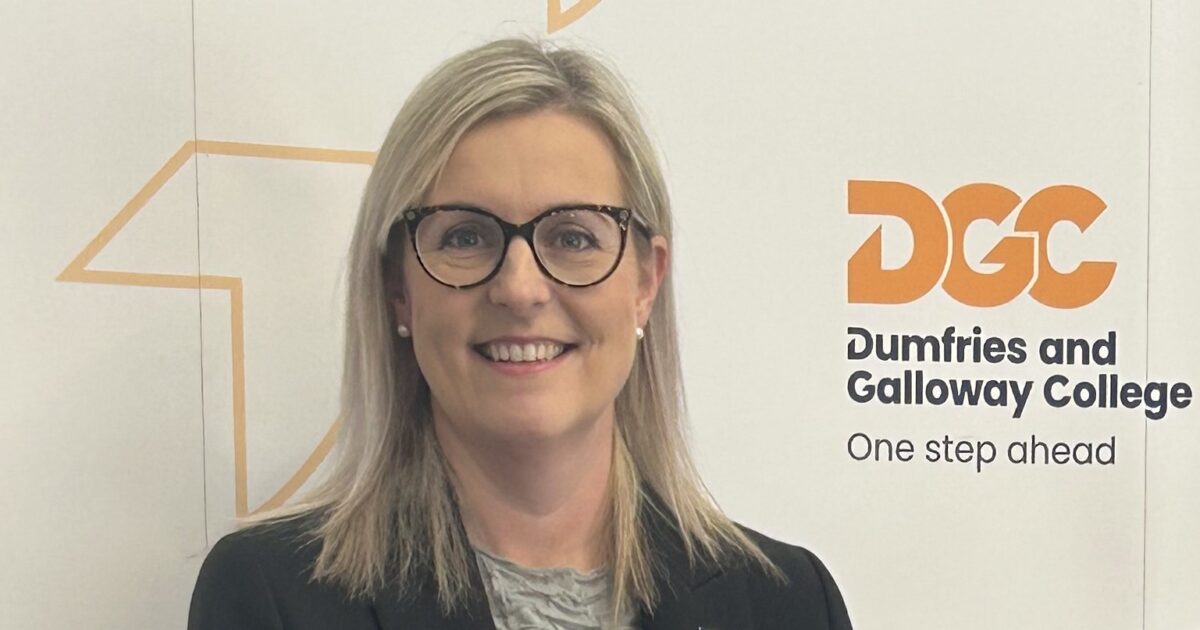Pensions tax relief for low earners welcomed, but more financial education is needed, says RSM UK

The government has published legislation confirming, 1.2 million low earners will see a boost in take-home pay from 2025 due to changes in the pensions tax system.
Susan Ball, partner, UK employment tax, RSM UK and president of the CIOT (Chartered Institute of Taxation) said:
‘Although later than hoped, this announcement is good news for those on lower wages, and those with several jobs, who were previously below the threshold to qualify for pensions tax relief. This move will help support those on lower incomes.
‘There are further measures the government could take to encourage saving for retirement though. More education about pensions in schools, colleges and universities could play a major part in encouraging people to consider their retirement plans from a much earlier age, which may enable them to save more. Many are unaware that joining a pension scheme will provide them with free money from their employer.
‘Young people often view pensions as an older person’s issue, yet money paid into retirement savings from a younger age has more time to grow, and is therefore worth more, a fact that many younger people don’t realise, so teaching them financial wellbeing in school could mean they are better off in later life.
‘Auto enrolment has proven to be effective in encouraging more people to save for retirement, and during the pandemic concerns were raised about whether people would opt out of the scheme, but these concerns have so far been largely unfounded. The Financial Resilience APPG has published a report this week urging the government to develop an auto enrolment scheme for self-employed people, potentially delivered through the tax system. This would be a welcome move in theory, although it is unclear how this would work in practice.
‘As we face a cost-of-living crisis and the highest rate of inflation for over forty years, people may once again be tempted to stop paying into their pensions. We understand that for some putting food on the table today must be their priority, however more education about the long-term implications of withdrawing from a pension scheme would enable people to make informed decisions about whether they should opt out, perhaps avoiding financial difficulties in later life.
‘According to The Money Charity, there is a huge lack of adequate support about key pension decisions: out of 40 million working-age people, 22 million say they don’t know enough to plan their retirement. In order to improve peoples’ understanding of their retirement options, the government could consider extending the tax relief provisions for employer provided support, which has not changed since 2017. This would enable employers to provide more adequate independent financial advice for employees across all their funds, giving them a full picture of their retirement options.
‘The launch of the Pensions Dashboard, currently scheduled for Autumn 2023, will go some way to helping people see what pension pots they may have all in one place, reducing the risk of losing track of money. The ABI estimates the UK has £19.4 billion worth of unclaimed pensions pots worth an average of £13,000 each, and low take up of the free Pensions Wise service to advise people on their retirement options, there is clearly a gap to plug when it comes to informing people about how to make the most of their retirement. We can only hope the current uncertainties around government won’t delay plans to address this issue.’











Responses